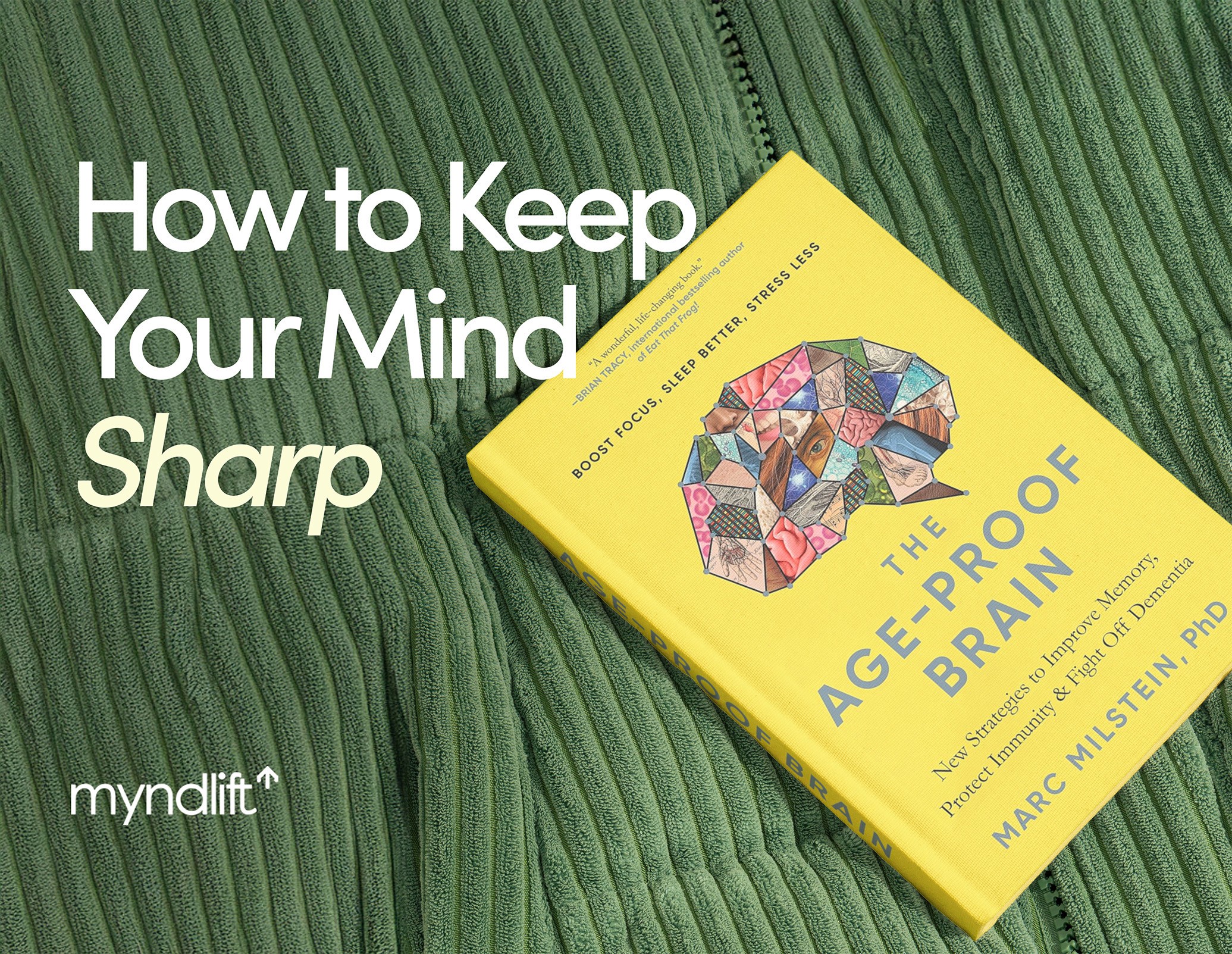Neurofeedback is a powerful non-invasive technology to alter brain function, alleviate certain psychological symptoms, and enhance cognitive performance. It has been around for more than 50 years, with hundreds of neurofeedback research studies supporting its efficacy.
Many mental health professionals use it as a stand-alone therapy or as a complementary approach to counseling or medication as a way to provide comprehensive care. According to neurofeedback studies, due to its usability advantages, anyone can benefit from it, including clients with severe symptoms of mental health disorders and resistance to other treatments.
We've done the work and looked over hundreds of these neurofeedback studies for you, categorizing them according to different conditions or brain functioning including:
Neurofeedback for Substance Use Disorders
One of the main challenges of substance use disorders is regulating temptation and cravings for substances in affected individuals. Neurofeedback research studies have shown that neurofeedback can decrease cravings and improve overall wellbeing.
Specifically, well-controlled intervention studies using EEG neurofeedback demonstrated positive outcomes such as good adherence, reduced addiction severity, and psychological benefits.
Read our comprehensive summary of neurofeedback for substance use disorders research
Neurofeedback for Cognitive Decline
Certain EEG-derived features have been linked to symptoms of cognitive decline, such as poor cognitive performance, as well as to brain structural alterations that are associated with dementia, including atrophy of the thalamus, hippocampus, and basal ganglia, as well as the formation of amyloid-beta plaques.
According to research studies, there's increasing evidence of neurofeedback improving cognitive function and reducing cognitive decline in Alzheimer's disease (AD), the most common form of dementia, mild cognitive impairment (MCI), a pre-dementia condition, as well as in conditions such as stroke and multiple sclerosis
Read our comprehensive summary of neurofeedback for cognitive decline research
Neurofeedback for Depression
When there is an imbalance in brain wave activity, such as increased left frontal alpha (8-12 Hz), suggesting less activation and an inability to regulate the subcortical regions that play a role in emotion processing, a physiological predisposition for depression occurs.
According to research, two neurofeedback protocols (alpha asymmetry protocol and enhancing beta/inhibiting theta or alpha at C3) can modify this suboptimal brain state.
Read our comprehensive summary of neurofeedback for depression research
Neurofeedback for Anxiety Disorders
Anxiety disorder is frequently associated with decreased alpha waves and increased beta waves. Furthermore, changes in the connections between the amygdala and the ventrolateral prefrontal cortex may also be associated with anxiety disorders. According to studies, neurofeedback may improve the communication between the amygdala and the ventrolateral prefrontal cortex. When the connection is enhanced, the ventrolateral prefrontal cortex is better able to respond appropriately to possible threats, which reduces the impulsive, hyperactive behaviors commonly linked to anxiety.
Read our comprehensive summary of neurofeedback for anxiety research
Neurofeedback for PTSD
In those with post-traumatic stress disorder (PTSD), the regions of the brain that detect danger are constantly on high alert, and even the smallest hint of a threat can set off an acute stress response. As a result, individuals may experience memory loss, lose control over their impulses, and run the danger of becoming stuck in a protracted state of intense emotional sensitivity.
With alpha-theta neurofeedback training, individuals can reach a state of deep relaxation, where memories can safely resurface and, as a result, be processed. This way, traumatic events may be safely re-experienced, and new associations fostered.
Read our comprehensive summary of neurofeedback for PTSD research
Neurofeedback for ADHD
Attention deficit hyperactivity disorder, or ADHD, is a neurobehavioral condition characterized by a persistent pattern of impulsivity and/or hyperactivity.
In certain studies, neurofeedback has been proven to be as effective as medication in addressing the symptoms of inattention and impulsivity. It may be used with other forms of therapy, such as medication or cognitive-behavioral therapy.
Read our comprehensive summary of neurofeedback for ADHD research
In the series of articles linked above, apart from presenting scientific evidence of the efficacy of neurofeedback for different mental health issues, we also explained how this type of therapy could be utilized to alleviate certain symptoms and/or improve cognitive functioning.
Neurofeedback for Peak Performance
For 'peak' or 'optimal' performance, EEG neurofeedback focuses on enhancing brain activity in healthy individuals to attain maximum brain functioning and memory improvement. Peak performance neurofeedback protocols are specifically designed to manage levels of arousal, attention, and motivation while maximizing autonomic control and the ability to shift physiological states.
Specifically, neurofeedback may optimize cognitive processing and learning by altering white matter connections and gray matter volumes, thereby speeding up neural network conduction.
Read our comprehensive summary of neurofeedback for peak performance research
In the series of articles linked above, apart from presenting scientific evidence of neurofeedback efficacy for different mental health issues, we also explained how this type of therapy could be utilized to alleviate certain symptoms and/or improve cognitive functioning.
A PDF containing the above neurofeedback research summaries and a categorized reference list is embedded here, providing readers with easy access to view or download the information needed to locate any cited source.
About the author:
Dubravka Rebic
Dubravka Rebic puts a lot of time and energy into researching and writing in order to help create awareness and positive change in the mental health space. From poring over scientific studies to reading entire books in order to write a single content piece, she puts in the hard work to ensure her content is of the highest quality and provides maximum value.
About the checker:
Carola Tuerk, Ph.D.
Carola is a cognitive neuroscientist and a scientific consultant for Myndlift. In her research, she is particularly interested in how early life experiences shape brain development and mental health with a particular focus on children. She has obtained a BSc in psychology, an MSc in neuroscience, and a PhD in cognitive neuroscience and is passionate about brain health. In her free time, Carola likes to exercise or play music to relax.





